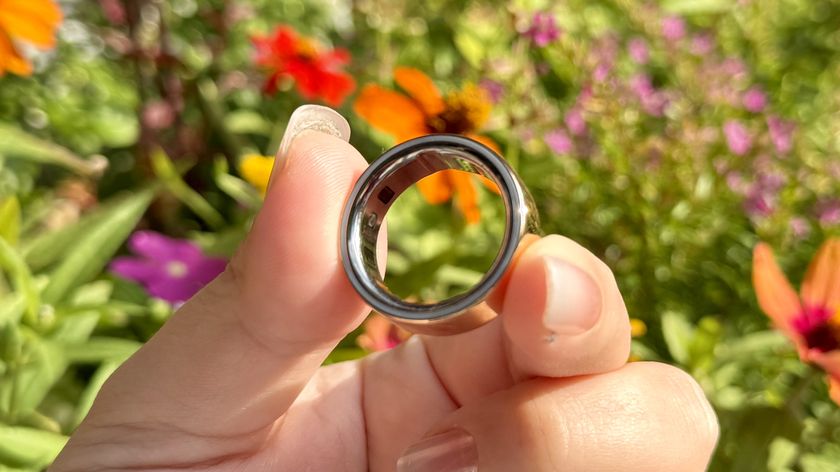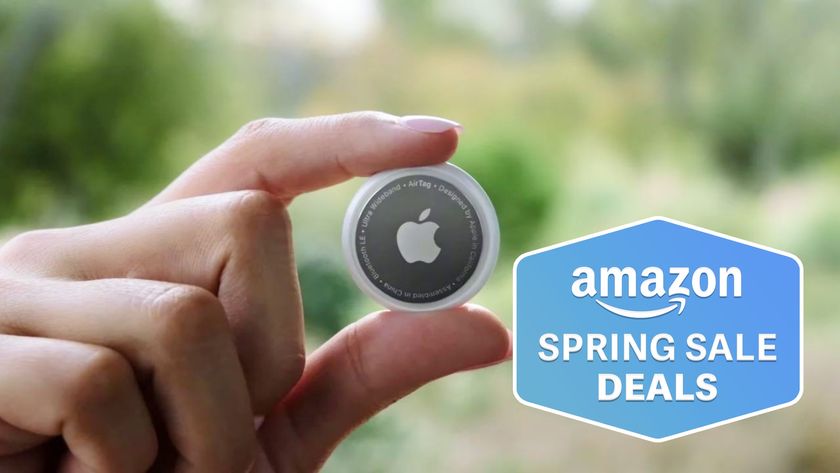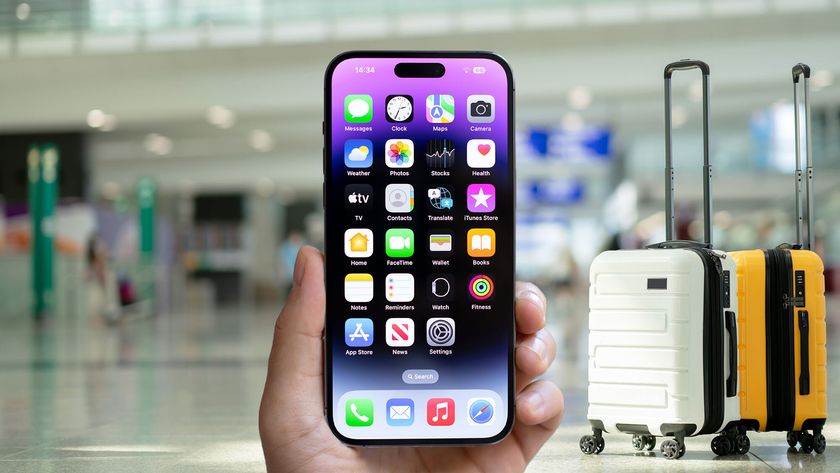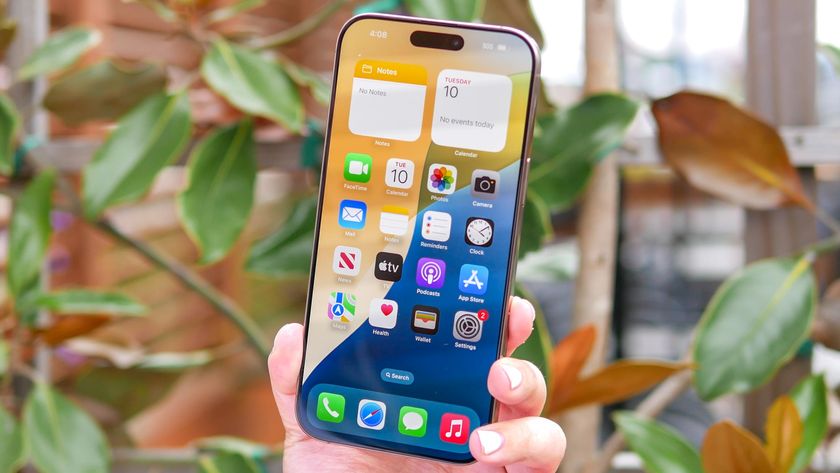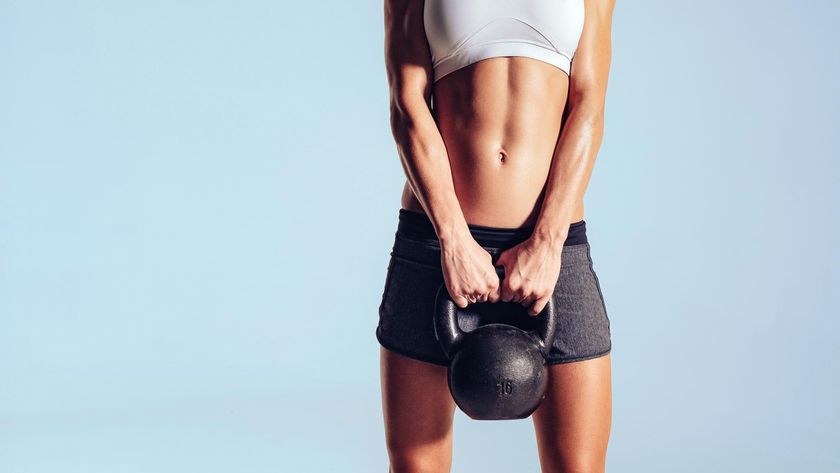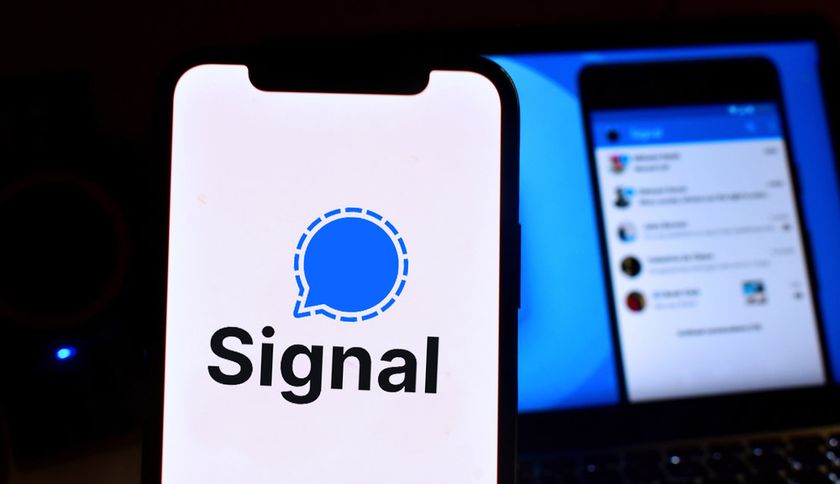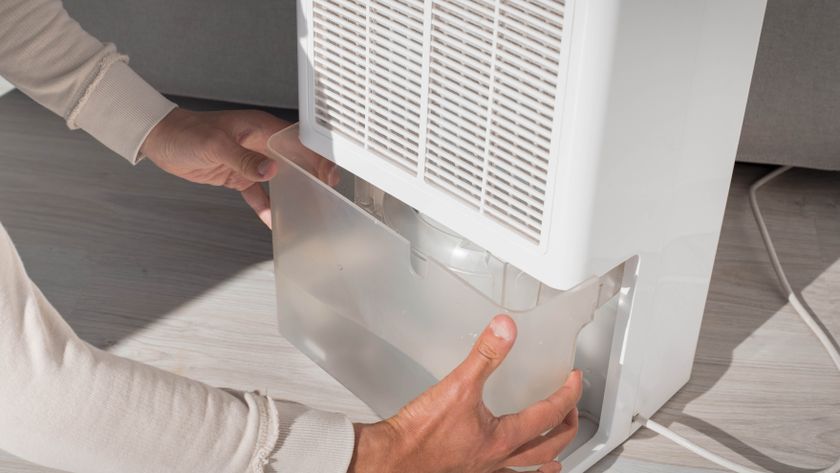9 things you should never clean with an all-purpose cleaner — you’ll be surprised
Whatever you do, don’t clean these things with your all-purpose cleaner
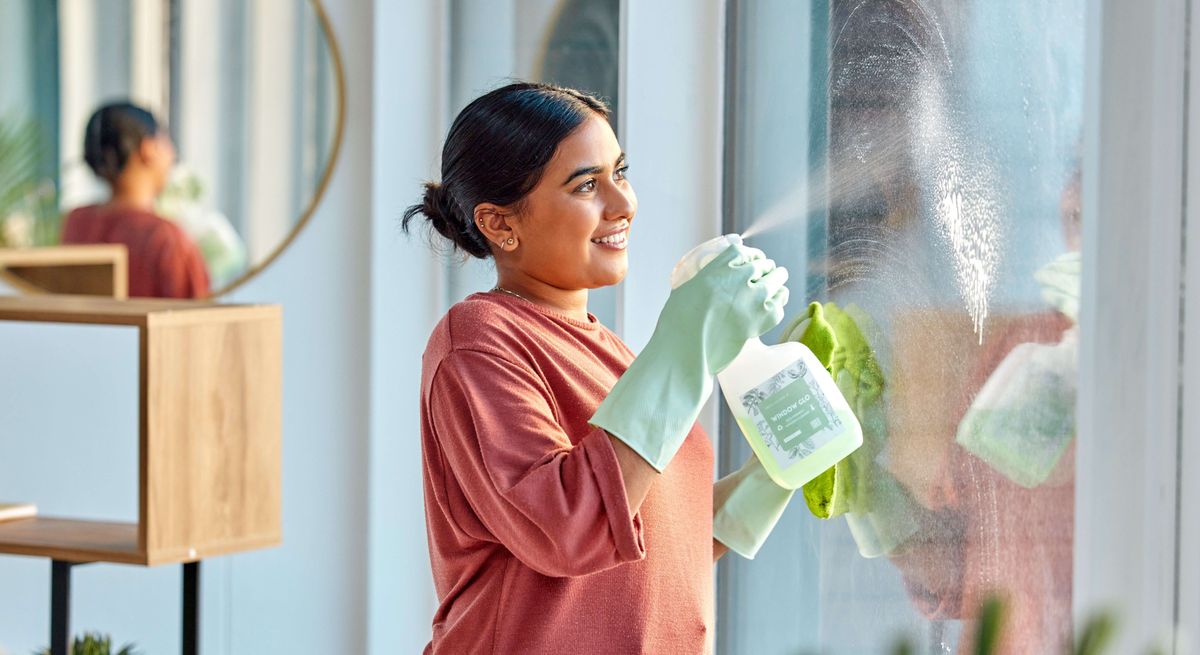
When it comes to our go-to cleaning materials, there’s bound to be an all-purpose spray or solution within reach. And we often assume that this ‘one spray fits all’ can be used to tackle just about every grime-ridden, dusty or stained surface to ensure it’s spotless and hygienic.
However, despite the deceptive name, there are just some things you should never clean with an all-purpose cleaner — yes, afraid so!
While these types of sprays are suitable for most household surfaces, in other cases, these may actually cause more harm than good. This is mainly due to some products containing harsh chemicals that could damage the surface, or the ingredients are simply not powerful enough to properly clean surfaces — such as a greasy oven. In which case, you’re better off using designated cleaners to target specific areas.
So, before you get out your trusted supplies to clean every room in the home, here are some common things you should never clean with an all-purpose cleaner — and you’ll be surprised.
1. Glass
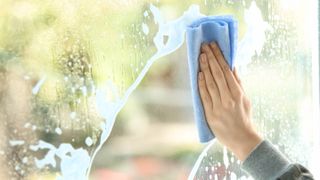
If you want your windows, mirrors or glass surfaces to be spotless and streak-free, don’t be tempted to wipe with an all-purpose spray. While the spray itself won’t damage the surface, it won’t be as effective as a designated glass cleaner — and will do a poor job!
A glass cleaner is designed to do a much better job of dissolving oil and grease without creating streaks. Just remember to use a lint-free or microfibre cloth to clean with, rather than abrasive paper towels. This will avoid leaving any residue behind or potential scratches to the glass surface.
If you want to master how to clean windows and leave them streak-free, here are some top tips.
Sign up to get the BEST of Tom's Guide direct to your inbox.
Get instant access to breaking news, the hottest reviews, great deals and helpful tips.
2. Kids toys

Anyone with young children knows that they have the tendency to put any object into their mouths — especially their toys. And while you may want to keep them all clean and germ-free on a regular basis, never clean with an all-purpose cleaner.
The harmful chemicals in such products could be dangerous if ingested, or may cause serious illnesses over time. Simply wipe down toys with warm, soapy water and dry with a clean cloth.
3. Marble/natural stone countertops

You might want to give your marble or natural stone countertops a good wipe down, but never use an all-purpose spray. Since it contains harsh chemicals, this could scratch or wear down the sealant over time, causing it to lose its shiny appearance. What’s more, marble, quartz or any other natural stone are expensive materials, so repairing any damage can cost a fortune!
It’s much safer to simply use dish soap and water on a microfiber cloth, or a specific, marble/stone cleaner to clean your kitchen worktops, and prevent etching. The same applies to any unfinished surfaces like concrete or unsealed stone, as the cleaner can seep into the material and potentially discolor the surface.
4. Wood furniture/floors
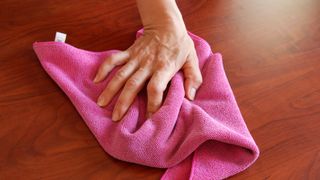
The same applies to wooden furniture or some floors. All-purpose cleaners are way too harsh on wood sealants used in wooden furniture or flooring, and will only damage or warp the hardwood.
Instead, use a specific wood polisher/cleaner to prevent damage, or follow these top tips on how to clean hardwood floors for best results.
5. Stubborn stains
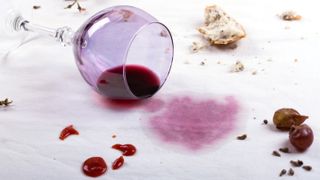
When it comes to dealing with unsightly stains, we often assume all-purpose cleaners can remove them all. And while they can do well to remove certain water-based stains, these are not designed for those stubborn stains. Experts always advise to buy a stain-specific product that can effectively deal with the stain without causing damage.
Alternatively, baking soda and white vinegar are known for removing stains, including oil stains from clothes, and red stains from carpets. Just always test on a small section first, before attempting to clean the entire area with products.
6. Upholstered sofa/chairs

Our sofas and chairs are put to good use everyday, and so it’s inevitable that they'll look lacklustre or dusty over time. But if you want to refresh it with an all-purpose spray, think again! Most all-purpose cleaners contain harsh chemicals that might strip the original fabric color or leave unsightly patches on fabrics.
Instead, opt for a specific, upholstery cleaner like this Resolve 22 fl oz Liquid Multi-Fabric Cleaner and Upholstery Stain Remover ($5, Amazon), that is formulated for fabric sofas and furnishings. Before use, it’s always advisable to test a small, discreet section of fabric first to check if it is suitable, and follow the instructions carefully on the bottle. In any case, it’s way cheaper than having to repair a ruined sofa!
Similarly, never use an all-purpose cleaner on leather as this will strip the natural finish of the material. For top tips check out how to clean a leather couch and remove everyday stains.
7. Carpets
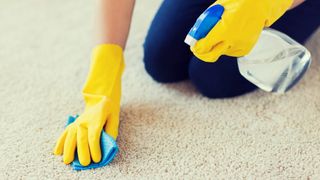
Similarly, all-purpose cleaners should never be used to clean worn or dirty carpets. This might stain or discolor the fibres, and the last thing you want is to replace your expensive carpet or plush rug.
Invest in a designated cleaner formulated for carpets or upholstery. Again, always follow the guidance on the bottle to check that the solution is suitable for your fabrics. If in doubt, follow our guide on how to clean carpets with or without a carpet cleaner.
8. Mold or mildew
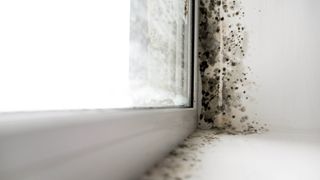
If you spot unsightly mold or mildew in your home, avoid reaching out for the all-purpose spray. Mold isn’t your standard, every day dirt, and would require a speciality cleaning product to tackle the problem.
What’s more, mold spores can cause allergic reactions, or respiratory problems if breathed in or touched, which is why it’s important that you know how to get rid of mold correctly. However, if these are still effective, it’s best to seek professional help and to prevent mold coming back in your home.
Just don’t make these 5 mistakes you’re making when removing mold, and avoid these 5 ways you're encouraging mold in your home this season.
9. Pet bowls
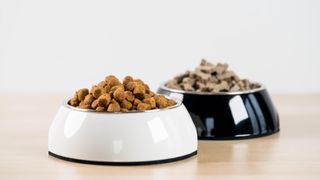
While it might seem safe to wipe down your pet’s bowls or favorite toys with an all-purpose cleaner, this is not recommended. Similar to not being safe for children, due to its harsh chemicals, this could also be harmful to pets.
It’s advised to simply wash your pet’s bowls with warm, soapy water and wipe dry, or stick in the dishwasher if they’re dishwasher safe.
It’s also worth noting that all-purpose cleaners are not a disinfectant. So while we might get sparkling surfaces, they don’t kill bacteria or pathogens that can cause infections. So always use a separate disinfectant to clean your home, and eliminate germs.
More from Tom's Guide

As the Homes Content Editor, Cynthia Lawrence covers all things homes, interior decorating, and garden-related. She has a wealth of editorial experience testing the latest, ‘must-have’ home appliances, writing buying guides and the handy ‘how to’ features.
Her work has been published in various titles including, T3, Top Ten Reviews, Ideal Home, Real Homes, Livingetc. and House Beautiful, amongst many.
With a rather unhealthy obsession for all things homes and interiors, she also has an interior design blog for style inspiration and savvy storage solutions (get rid of that clutter!). When she’s not testing cool products, she’ll be searching online for more decor ideas to spruce up her family home or looking for a great bargain!

